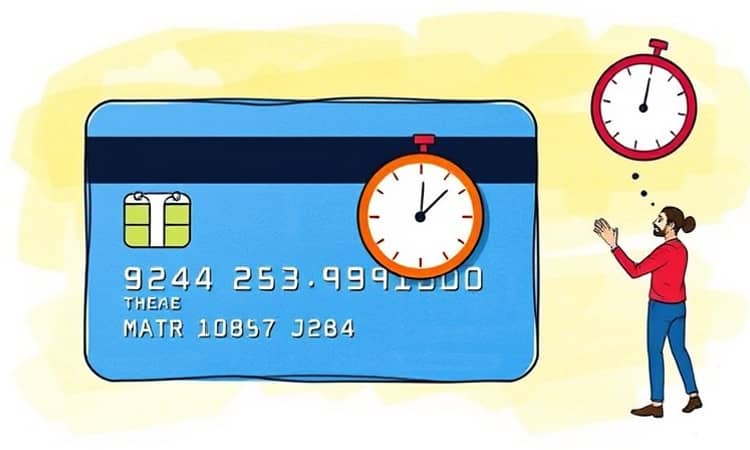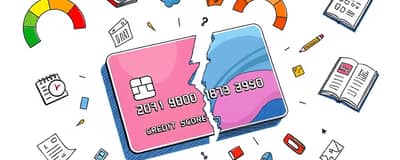Credit cards can be a powerful financial tool if used wisely, and understanding key concepts like grace periods is essential. A grace period is the time frame during which you can pay off your balance without incurring interest charges. This blog post will explore the intricacies of grace periods, how to find them on your credit card, and the importance of making timely payments to optimize your financial health. By learning the ins and outs of grace periods, you can manage your card usage effectively and minimize extra costs.
In this article, we'll discuss how grace periods work, why you should always aim to pay your bills in full, and what could happen if you choose to carry a balance. Additionally, we'll outline tips and strategies to avoid losing your grace period, allowing you to make the most out of your credit card benefits.
Whether you are a seasoned cardholder or new to credit cards, grasping these concepts can lead to smarter financial decisions and potentially save you hundreds or even thousands in interest charges over time.
Understanding the Grace Period

A grace period is typically a 21 to 25-day timeframe that starts after the end of your billing cycle, during which you can pay your outstanding balance without accruing any interest. It is important to note that grace periods apply only to new purchases and not to cash advances or balance transfers, which often start accruing interest immediately.
To qualify for a grace period, your account must be in good standing, meaning that you should not have carried a balance from the previous month. If you have a balance from the prior billing cycle, interest will begin accruing without any grace period for your new purchases.
Being aware of your grace period can help you manage cash flow better since it allows you time to settle your balance after receiving your bill. By understanding and utilizing your grace period wisely, you can avoid unwanted charges. During this grace period, any payments made can lower your overall balance before interest kicks in.
- A grace period is usually 21 to 25 days after the billing cycle.
- It applies only to new purchases, not cash advances or balance transfers.
- Good standing is essential to qualify for a grace period.
It's this understanding that enables cardholders to strategically plan their payments and financial habits. Knowing when your bill is due and how long you have to pay it can give you greater financial control.
How to Find Your Credit Card’s Grace Period

To determine your credit card's grace period, refer to your credit card agreement or the issuer’s website. Most banks and credit unions provide this information clearly within the disclosures section of the agreement, specifying the time frame.
If the information isn't readily available, a quick phone call to customer service can help clarify any uncertainties regarding your account specifics, including the grace period.
Importance of Paying in Full
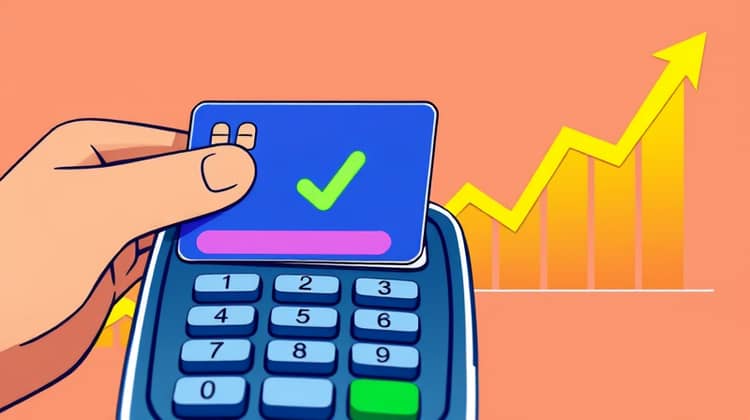
Paying your credit card balance in full each month is one of the best practices for maintaining healthy credit. When you pay off your balance completely, you avoid interest charges, which can be significant over time. Instead of financing purchases with high-interest rates, you are effectively using the card as a convenient payment method without the extra costs.
Additionally, paying in full positively impacts your credit score. A lower credit utilization ratio—meaning the amount of credit you are using relative to the total available to you—indicates to lenders that you are responsible and less risky, which can put you in a favorable position to secure loans or other credit in the future.
Furthermore, consistently paying on time and in full reinforces your trustworthy profile with creditors. This not only helps maintain your current interest rates but could also increase your credit limit or even result in being offered better cards down the line with superior rewards.
In sum, paying in full is not just a way to avoid fees but also contributes to a healthier credit report and a better standing in the eyes of future lenders.
What Happens When You Carry a Balance?

Carrying a balance on your credit card can have serious financial implications. As interest begins to accrue on any outstanding amount following your grace period, you may find it challenging to pay down the debt due to high-interest rates, which can reach into the double digits.
Moreover, carrying a balance can negatively impact your credit score. Your credit utilization ratio can increase, which is a significant factor in credit scoring models. Lenders may perceive you as a higher risk, leading to less favorable terms on future credit.
Finally, continually carrying a balance can lead to a cycle of debt that can be difficult to escape, as monthly payments may only cover interest without substantially reducing the principal. This can lead to various financial stressors, making it crucial to pay off any balances whenever possible.
Grace Periods for Other Transactions
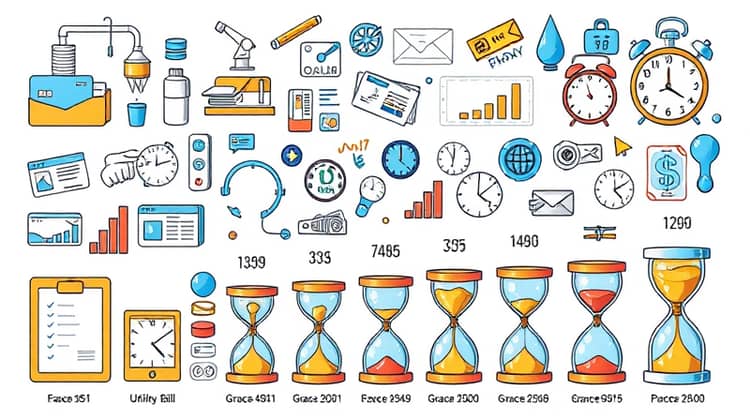
While grace periods are predominantly discussed concerning credit card purchases, understanding how they apply to other transactions can be equally important. For instance, companies may offer grace periods for bills related to utilities, loans, or subscriptions. Grasping these timelines can help you manage your payments effectively and avoid late fees.
It's vital to note that not all providers will have the same grace period policies. For loans, for example, the terms might vary significantly between lenders, and some may offer no grace period at all. Thus, it’s prudent to familiarize yourself with the specific terms and conditions to each type of transaction you engage in.
In addition, if you're someone who frequently uses direct debits or automated payments, this awareness can safeguard you against unexpected fees, ensuring that you manage your finances without pitfalls. It's always a good habit to create reminders for your due dates, regardless of whether grace periods apply.
By being proactive and informed about transaction timelines, you're setting yourself up for financial success rather than the unexpected costs that arise from late payments or misunderstandings concerning grace periods.
Tips to Avoid Losing Your Grace Period
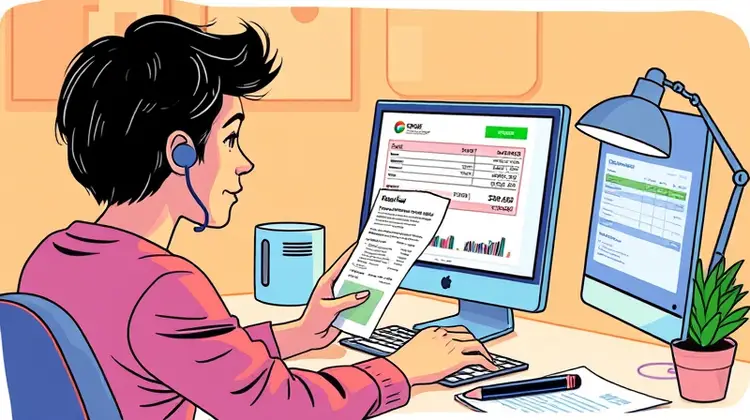
There are several strategies you can implement to consistently preserve your grace period and avoid interest charges. First, be diligent in reviewing your billing statement. Make it a habit each month to check account activity, due dates, and any potential discrepancies.
Second, consider setting up automatic payments for at least the minimum amount due. This ensures you never accidentally miss a payment, but ideally, you should aim for paying in full to maximize benefits.
Lastly, create a budgeting plan that includes your credit card payments to maintain a clear view of your financial obligations. By including credit card debts in your budget, you can manage your cash flows better and ensure timely payments.
- Review your billing statement diligently each month.
- Set up automatic payments for at least the minimum due.
- Create a budgeting plan that includes credit card payments.
In conclusion, having systems in place helps in avoiding misunderstandings, ensuring that your accounts stay in good standing, and that your grace periods remain intact.
Conclusion

Navigating the world of credit cards doesn't have to be challenging, especially once you understand key terms like the grace period. By taking the time to educate yourself about your credit cards, you can avoid costly mistakes that lead to unnecessary debt.
Having an active knowledge of policies, payment strategies, and timing can empower you to make informed decisions that will yield financial benefits in the long run, allowing you to enjoy using your credit cards without falling prey to interest charges.

